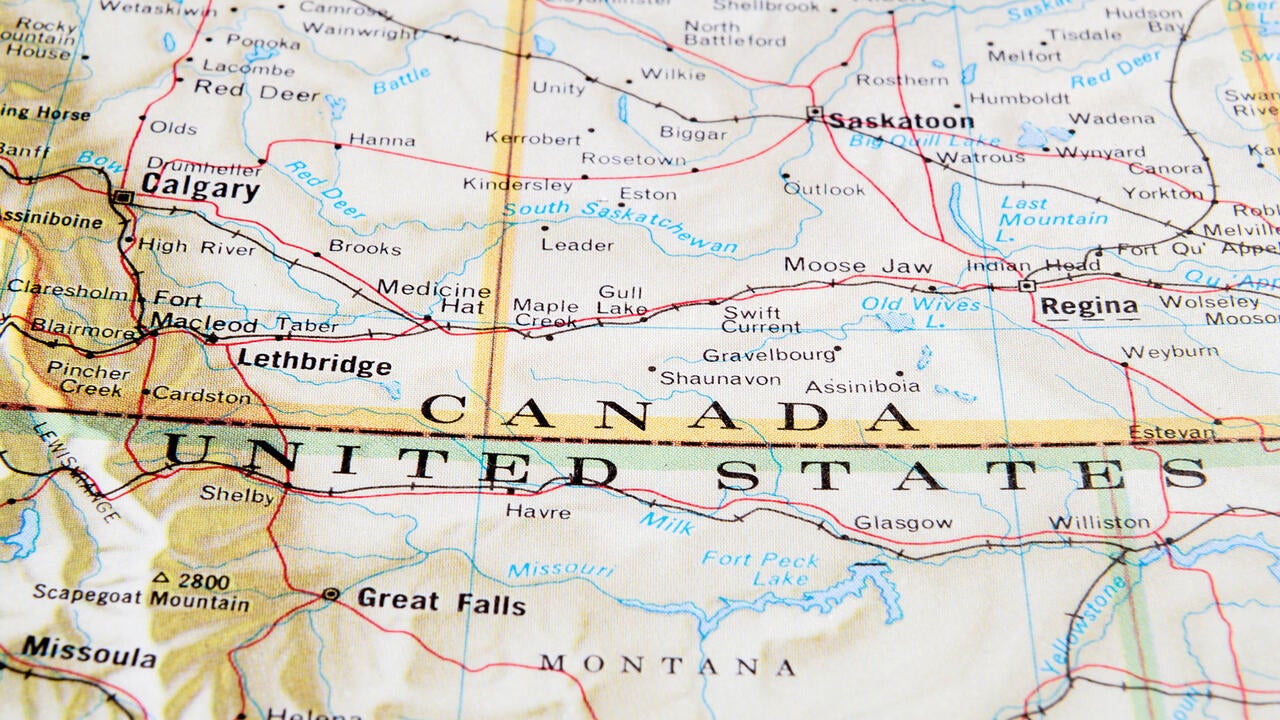
Why highly skilled immigrants are drawn to the U.S.
A Waterloo economist says university-educated immigrants in the U.S. earn more than comparable U.S.-born workers, while in Canada the situation is flipped

A Waterloo economist says university-educated immigrants in the U.S. earn more than comparable U.S.-born workers, while in Canada the situation is flipped
By Kira Vermond University Communications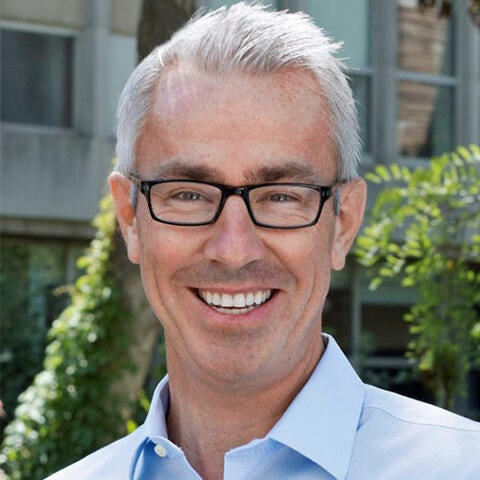
Mikal Skuterud
Professor, Faculty of Arts
Mikal Skuterud is the first to admit his research results—although influential—might not win him any popularity contests in Canada.
Focusing on the field of labour economics and immigration policy, Skuterud, a Faculty of Arts professor, has uncovered a difficult truth: university-educated immigrants who come to Canada don’t earn as much as immigrants who live and work in the U.S.
Taking an apples-to-apples approach, he compared the earnings of immigrants coming from the same origin countries and with similar degrees to earnings of comparable native-born workers. While these immigrants to the U.S. earned more than U.S.-born workers, in Canada, the results were flipped: immigrants earned substantially less on average.
“It’s just stark. The difference is really transparent,” says Skuterud, a professor in the Department of Economics.
But why does it happen? The way countries select immigrants may have an impact. Canada has historically used a points-based system that grants permanent residency to qualified people—some who may have never set foot in the country before landing.
The U.S., however, uses a two-step process that allows highly skilled foreign workers to apply for temporary permits, such as the H-1B visa to work at U.S. companies. If they’re successful, these new hires can then apply for a green card for permanent residency. In other words, the immigrants test the waters first and find out if they can swim.
But these differing immigration policies tell only part of the story. Skuterud’s research shows that decisions made by the immigrants themselves are also important. Namely, industry stars, whether they’re IT experts, engineers or talented surgeons, self-select. They go where the money is, and that isn’t Canada.
Skuterud says countries like Canada that have a richer safety net and less income inequality attract people at the lower end of the global skill distribution.
“If you’re not so sure about your ability, you’re not so ambitious and you know you’re not at the top of the talent distribution, then you prefer to go to a country where there’s a social welfare system,” he explains. “If you do fall through the cracks, it’s going to provide you with some support.”
But because the U.S. social safety net is, “pretty lean and mean,” as he calls it, the country seems to act as a magnet for immigrants who feel confident they’ll actually land and keep that big salary offered as a way to attract top people.
“The crème de la crème of talent will tend to go to the U.S. because that’s where they’re going to get the big returns,” he says.
Feature image photo credit: Cesar Okada/iStock/ThinkStock
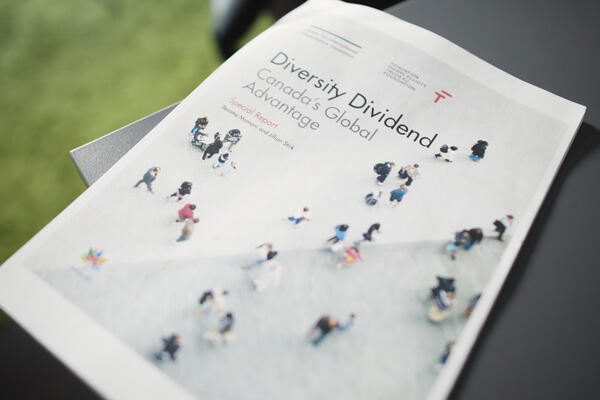
Read more
Waterloo researcher links culturally inclusive teams to an increase in revenue and productivity
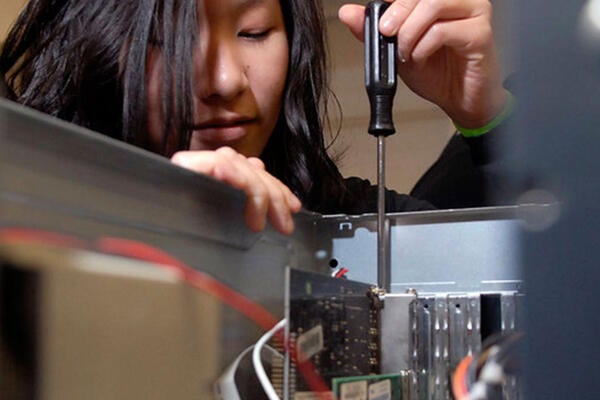
Read more
The world is at a historic crossroads with the largest generation of young people coming into the workforce at the same time as the fourth industrial revolution.
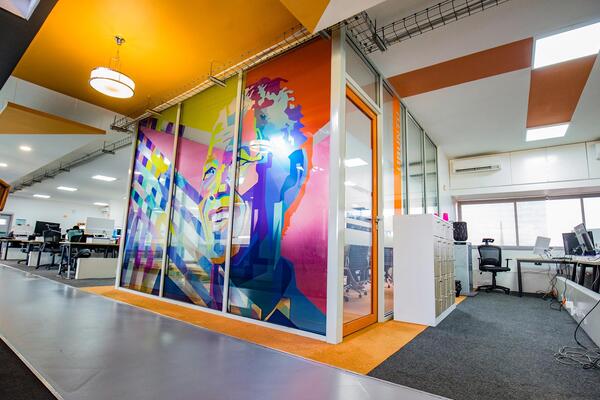
Read more
Startup that was co-founded by three Waterloo alumni scouts brilliant people across Africa and creates an environment for them to thrive
The University of Waterloo acknowledges that much of our work takes place on the traditional territory of the Neutral, Anishinaabeg and Haudenosaunee peoples. Our main campus is situated on the Haldimand Tract, the land granted to the Six Nations that includes six miles on each side of the Grand River. Our active work toward reconciliation takes place across our campuses through research, learning, teaching, and community building, and is co-ordinated within the Office of Indigenous Relations.